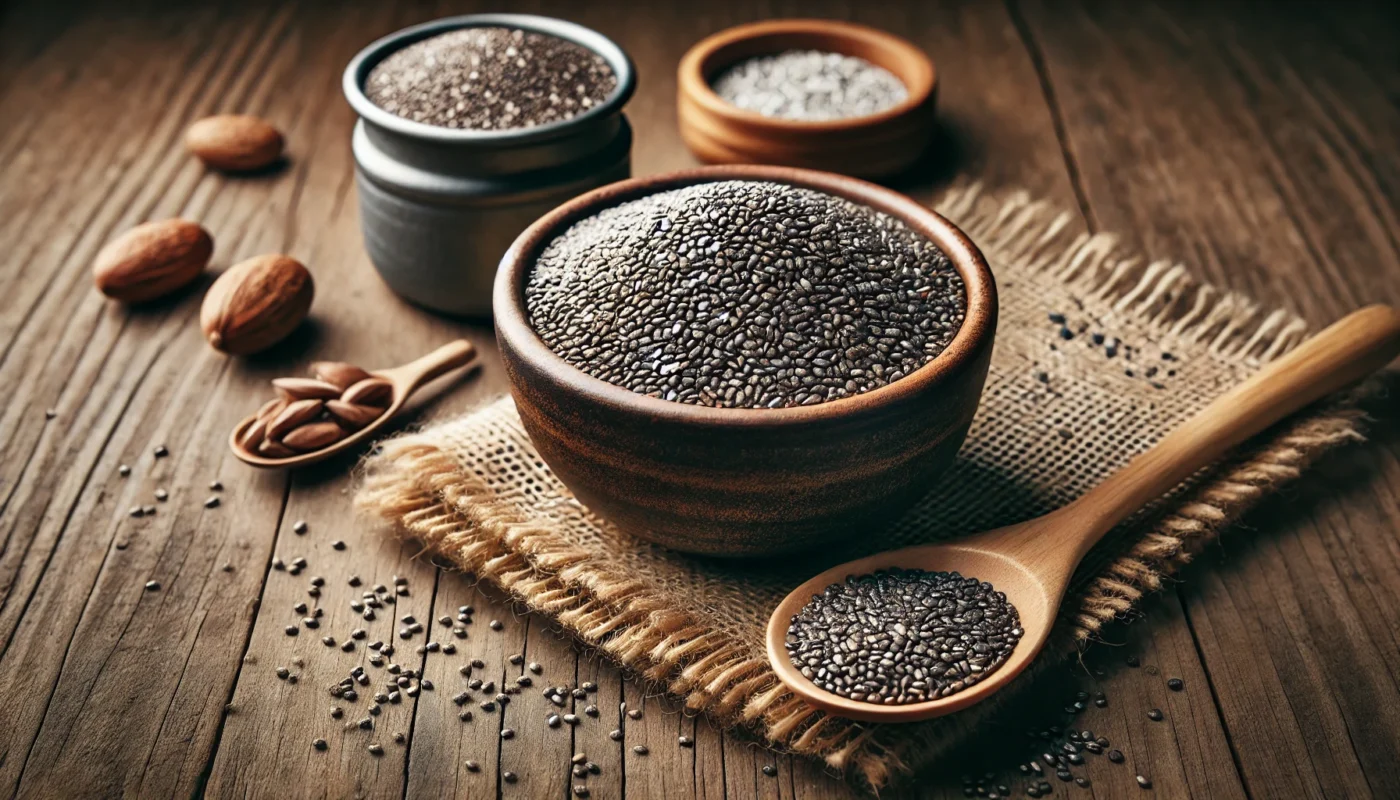Inflammation is the body’s natural response to injury or infection, serving as a defense mechanism to initiate healing. However, it’s essential to differentiate between acute and chronic inflammation. Acute inflammation is beneficial and necessary for healing, while chronic inflammation can be detrimental, persisting and potentially leading to various health issues, including heart disease, diabetes, and arthritis. Understanding the dual nature of inflammation is crucial for appreciating how mushrooms can play a role in managing it.
Tag Archives: Holistic Health
Cortisol, often referred to as the “stress hormone,” plays a crucial role in our bodies. It helps regulate our response to stress, maintain blood sugar levels, and reduce inflammation. However, when cortisol levels become imbalanced, it can lead to a variety of health issues.
This is where cortisol supplements come into play. They are designed to help manage cortisol levels, providing a range of potential benefits. From reducing stress to aiding weight loss, these supplements have garnered significant attention in the health and wellness sphere.
But understanding the science behind cortisol supplements can be challenging. The market is flooded with various products, each claiming to be the best. It’s essential to cut through the noise and understand what truly works.
Estrogen is a vital hormone in both men and women. It plays a significant role in numerous bodily functions. However, an excess of estrogen can lead to health complications, including hormonal imbalances and certain types of cancer.
This is where estrogen reducing supplements come into play. They can help balance hormone levels, potentially mitigating the risks associated with high estrogen. But understanding these supplements and their effects can be a complex task.
Our goal is to simplify this for you. We aim to provide a comprehensive understanding of the various supplements available that can help reduce estrogen levels. We’ll delve into how these supplements work, their potential benefits, and considerations for their use.
Inflammation is a common concern for many. It’s a natural response of the body, but when it becomes chronic, it can lead to various health issues.
Enter chia seeds. These tiny seeds have been gaining popularity in the health and wellness community. But are chia seeds anti-inflammatory?
The answer is yes. Chia seeds are packed with nutrients that can help combat inflammation. They are rich in omega-3 fatty acids, antioxidants, and fiber, all of which have been linked to inflammation reduction.
But how do you incorporate chia seeds into your diet? And what does the scientific research say about chia seeds for inflammation?
This article aims to answer these questions. We will delve into the nutritional profile of chia seeds, their potential benefits for inflammation relief, and practical ways to include them in your meals.
Whether you’re a fitness enthusiast, a health enthusiast, or a medical patient, this article will provide you with a comprehensive understanding of chia seeds and their role in managing inflammation.
So, let’s embark on this journey to discover the benefits of chia seeds for inflammation relief.
In the quest for optimal health, we often turn to nature’s bounty. One such gift is the humble cherry, a fruit celebrated not just for its sweet taste, but also for its potential health benefits.
But are cherries good for inflammation?
This question has piqued the interest of scientists and health enthusiasts alike. Recent research suggests that cherries, particularly tart cherries, may indeed have potent anti-inflammatory properties.
These properties could make cherries a valuable addition to a holistic health regimen. Whether you’re a fitness enthusiast seeking to optimize recovery, a health enthusiast aiming to understand the science behind popular health foods, or a medical patient looking for natural ways to manage inflammation, cherries might be worth considering.
In this article, we’ll delve into the science behind cherries and inflammation. We’ll explore the compounds in cherries that contribute to their anti-inflammatory effects, and how these effects could potentially benefit various aspects of health and wellbeing.
We’ll also provide practical advice on how to incorporate cherries into your diet, and what to consider when doing so.
So, let’s embark on this journey of discovery, and unravel the science behind cherries and inflammation.
Watermelon is more than just a refreshing summer treat. This juicy fruit is a powerhouse of nutrients that can play a significant role in your health.
One of the key benefits of watermelon is its anti-inflammatory properties. Inflammation is a natural response of the body, but when it becomes chronic, it can lead to various health issues.
Watermelon, with its rich array of antioxidants and nutrients, can help combat this. It’s packed with lycopene, a potent antioxidant known for its anti-inflammatory effects.
But that’s not all. Watermelon is also rich in vitamins A, B6, and C, which are crucial for supporting immune function and reducing inflammation.
Moreover, it contains citrulline, an amino acid that can improve blood flow and reduce muscle soreness. This makes it a great choice for fitness enthusiasts looking for natural ways to aid recovery after workouts.
For those managing health conditions related to inflammation, or those simply seeking to optimize their health, incorporating watermelon into their diet can be beneficial.
In this article, we’ll delve into the science behind watermelon’s anti-inflammatory properties, provide practical tips on how to include it in your diet, and explore its role in managing health conditions. Let’s discover why watermelon is nature’s anti-inflammatory powerhouse.
In recent years, there has been a growing interest in natural remedies for managing health conditions, including inflammation. People are increasingly seeking alternatives to pharmaceutical solutions, driven by a desire for holistic health approaches. This has led to a surge in research and discussion about foods with potential health benefits, such as peppers.
Inflammation is a natural response of our bodies to injury or illness. However, when it becomes chronic, it can lead to various health issues.
Diet plays a crucial role in managing inflammation. Certain foods are known to have anti-inflammatory properties, and grapes are one of them.
Grapes, a common fruit, are packed with nutrients and antioxidants. They are not only delicious but also offer numerous health benefits.
One of the key benefits is their potential to combat inflammation. This is due to the presence of certain compounds, such as polyphenols and resveratrol.
But how effective are grapes in reducing inflammation? Can they be a part of your diet if you’re trying to manage inflammation-related conditions?
This article aims to answer these questions. We will delve into the scientific research behind the anti-inflammatory properties of grapes.
We will also provide practical advice on how to incorporate grapes into your diet. Additionally, we will compare grapes with other anti-inflammatory foods to give you a broader perspective.
Whether you’re a fitness enthusiast, a health enthusiast, or a medical patient, this article will provide you with comprehensive information on the role of grapes in managing inflammation.
Soft drinks are a staple in many diets worldwide. They’re refreshing, sweet, and often associated with good times.
But have you ever wondered about the impact of these beverages on your health? Specifically, do soft drinks cause inflammation in the body?
Inflammation is a natural response of the body to injury or illness. However, chronic inflammation can lead to various health issues.
Research suggests that certain ingredients in soft drinks may contribute to this harmful inflammation. This includes both regular and diet varieties.
In this article, we’ll delve into the science behind these claims. We’ll explore the potential inflammatory effects of soft drinks and offer practical advice for those seeking healthier alternatives.
Join us as we uncover the hidden link between soft drinks and inflammation, and learn how to make informed choices for better health.
Before we discuss shrimp specifically, it’s essential to understand what inflammation is. Inflammation is the body’s natural response to injury or infection. It’s a defense mechanism that helps the body heal. However, chronic inflammation is a different story. It’s linked to various health issues, including heart disease, arthritis, and some cancers. Thus, managing inflammation through diet and lifestyle is a significant focus for many individuals seeking to optimize their health.










